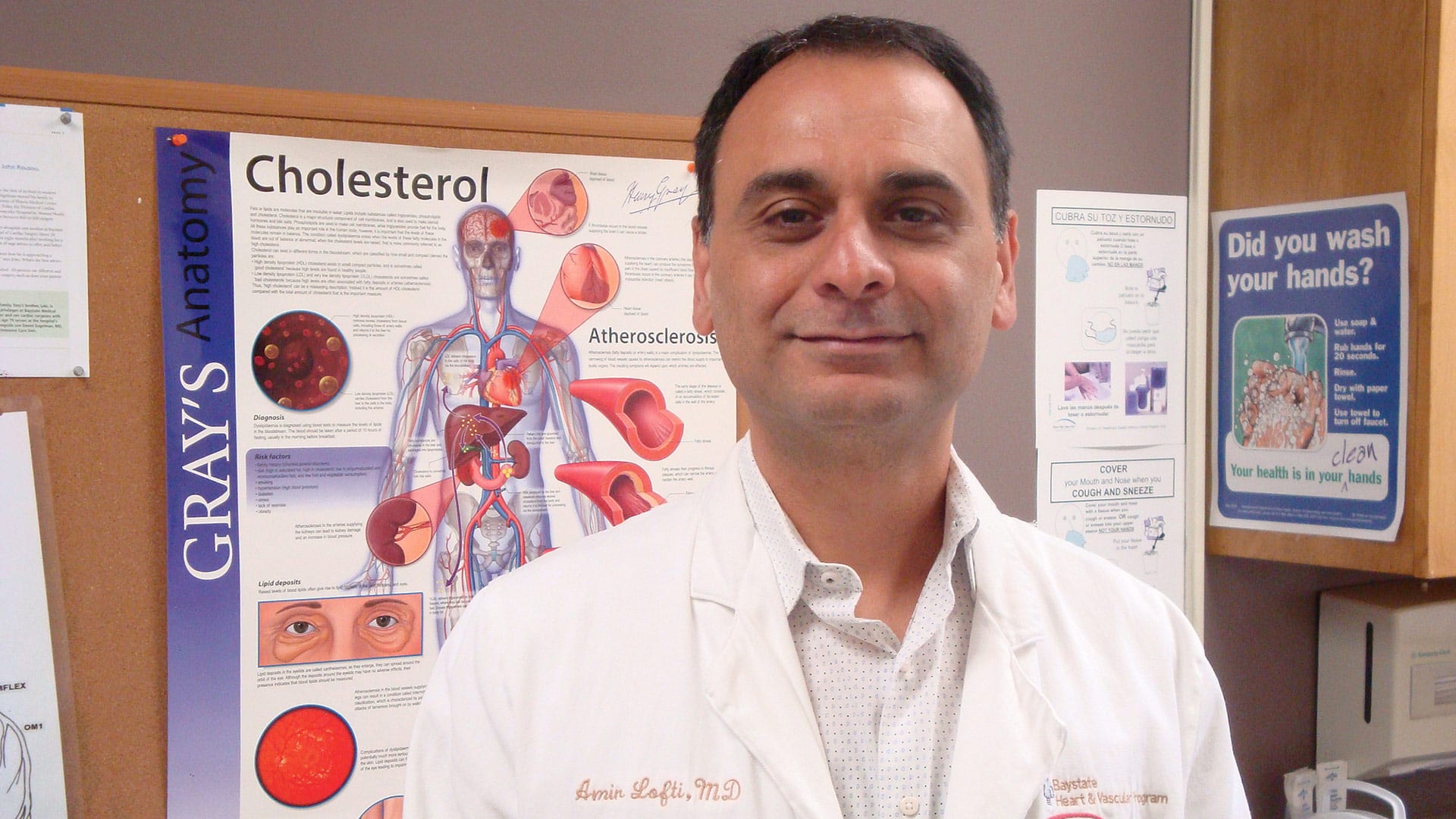Monthly Awareness
Ears to Getting a Checkup
Hearing Center Marks Audiology Awareness Month
Florence Hearing Health Care (FHHC) will mark Audiology Awareness Month with a campaign to encourage anyone who has been wondering about their hearing, regardless of age, to get it checked out now. The practice is hoping to educate the community about why they should take their hearing health seriously.
On Oct. 1, Florence Hearing was a sponsor and had an informational booth at the Aging Well Expo hosted by Highland Valley Elder Services. On Thursday, Oct. 10 from 1 to 2 p.m., Dr. Jennifer Sowards will be at Lilly Library in Florence to host a talk called “Ask the Audiologist: Why to Prioritize Hearing Health.”
“If you’re wondering whether it’s time to get your hearing checked, the answer is probably yes,” Sowards said. “We encourage folks to make their hearing health part of their regular healthcare routine so that any issues can be addressed promptly. It can be hard to tell whether you have hearing loss until communication becomes difficult, which is why we encourage a baseline hearing test for all adults. The average person waits seven to 10 years to address hearing loss, which can impact other areas of their health and well-being.”
Florence Hearing offers the following basic recommendations for prioritizing hearing health care:
• Use hearing protection to prevent noise-induced hearing loss;
• Get a baseline hearing test by an audiologist by age 50; and
• Get a hearing test if you notice any changes in your hearing, including ringing in your ears (tinnitus), or have a family history of hearing loss. Treat hearing loss sooner than later, as studies show that untreated hearing loss can impact other areas of your health and well-being, and also becomes harder to treat over time.
The American Academy of Audiology started Audiology Awareness Month in 2008 as a means of bringing awareness to hearing health and the importance of hearing protection. The Academy of Audiology (AAA) exists to advance the profession of audiology by promoting an increased understanding of audiology and educating the public about the importance of hearing protection. Every October, through the distribution of printable materials, press releases, and radio spots, AAA strives to promote national awareness by encouraging audiologists across the country to take action in their local areas.
Tooth of the Matter
National Dental Hygiene Month Focuses Attention on Oral Health
October is National Dental Hygiene Month, an effort to celebrate the work dental hygienists do and to help raise awareness on the importance of good oral health.
The American Dental Assoc. (ADA) focuses on four routines that can help people maintain healthy smiles: brush, floss, rinse, and chew. According to mouthhealthy.org, the association’s consumer website, the ADA recommends brushing your teeth twice a day, for two minutes, with a soft-bristled brush. The size and shape of the brush should fit the mouth, allowing you to reach all areas easily.
The proper brushing technique is to place your toothbrush at a 45-degree angle to the gums; gently move the brush back and forth in short (tooth-wide) strokes; brush the outer surfaces, the inner surfaces, and the chewing surfaces of the teeth; to clean the inside surfaces of the front teeth, tilt the brush vertically and make several up-and-down strokes; and brush your tongue to remove bacteria and keep your breath fresh.
Although recent news reports have questioned the benefits of cleaning between your teeth, it is still an essential part of taking care of your teeth and gums. The ADA recommends cleaning between your teeth once a day to remove plaque that is not removed by brushing. Plaque can eventually harden into calculus or tartar.
Because teeth alone account for less than half of the mouth, rinsing can help eliminate biofilm and bacteria that brushing and flossing cannot. Rinsing often, along with brushing and flossing, may help reduce the chance of dental decay and infection. However, avoid rinses that have alcohol in them.
Lastly, clinical studies have shown that chewing sugarless gum for 20 minutes following meals can help prevent tooth decay. The chewing of sugarless gum increases the flow of saliva, which washes away food and other debris, neutralizes acids produced by bacteria in the mouth, and provides disease-fighting substances throughout the mouth, according to the ADA.
As we get older, dental care for adults is crucial. Here are a few of the conditions to be aware of:
• Gum disease. If your routine of brushing and flossing has slipped and you have skipped your regular dental cleanings, bacterial plaque and tartar can build up on your teeth. The plaque and tartar, if left untreated, may eventually cause irreparable damage to your jawbone and support structures, and could lead to tooth loss.
• Oral cancer. According to the National Institute of Dental and Craniofacial Research, men over the age of 40 have the greatest risk for oral cancer. Approximately 43,000 people will be diagnosed with cancer of the mouth, tongue, or throat area, and the American Cancer Society estimates that about 7,000 people will die from these cancers. The use of tobacco products and alcohol increases the risk of oral cancer. Most oral cancers are first diagnosed by the dentist during a routine checkup.
• Breakdown of dental fillings. Fillings have a life expectancy of eight to 10 years. However, they can last 20 years or longer. When the fillings in your mouth start to break down, food and bacteria can get underneath them and can cause decay deep in the tooth.



